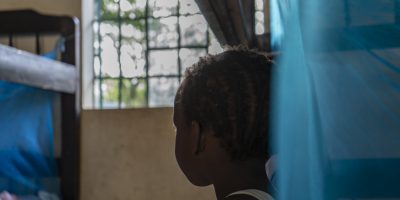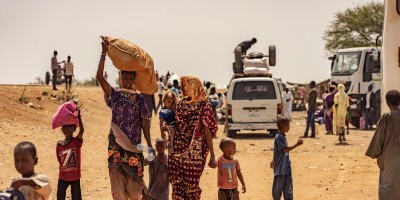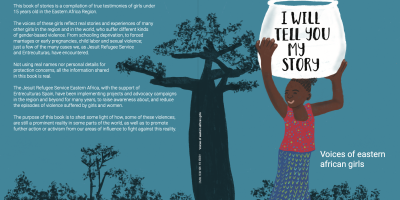Advocacy
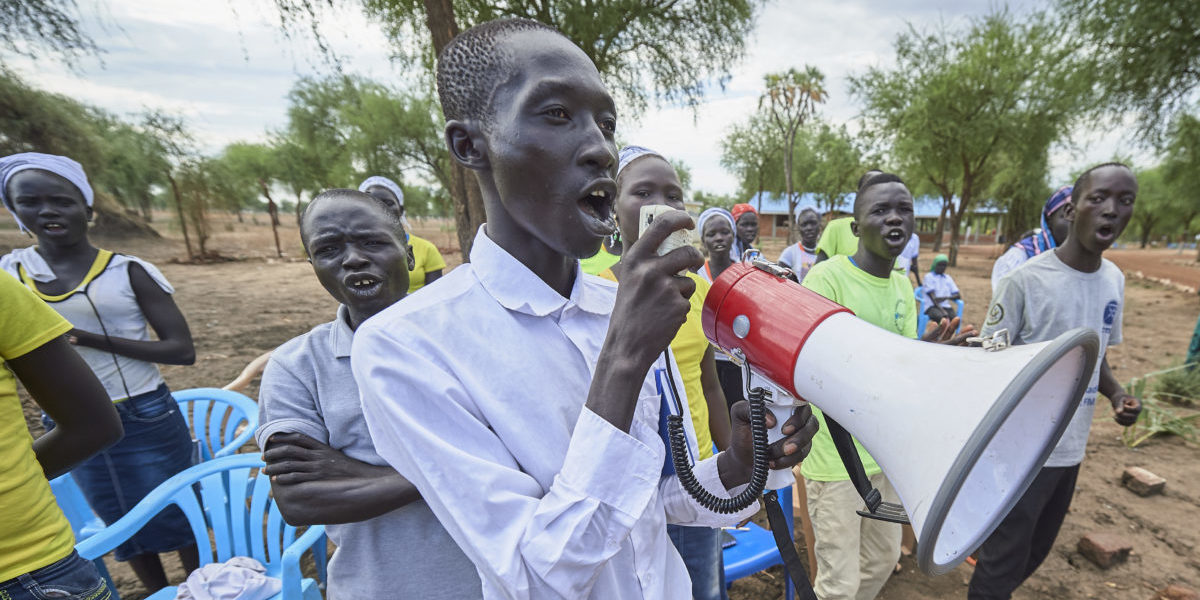
For JRS, advocacy means ensuring that refugees receive legal and humane treatment. This involves supporting refugees in their efforts to claim and exercise their rights, and lobbying governments and institutions for better and just responses to refugees and situations of forced displacement. JRS advocacy is also aimed at enhancing the public perception of refugees, countering xenophobia and indifference, and promoting integration and social cohesion.
Our advocacy takes place on many levels. In the field, our staff frequently advocate on behalf of individual refugees who require help in protecting their rights and dignity, or to meet basic needs such as shelter and food. We are also present at the country level, where we support changes in legislation or policy when called for, especially in areas such as immigration detention, work, health, and education rights. We advocate for the integration of refugees into national life, and urge the ending of all forms of discrimination and xenophobia.
Furthermore, since refugees – as well as the political, social and economic issues that affect them cross national borders, JRS advocates at the regional level. Regional advocacy staff monitor regional developments, and assist national offices with policy positions and advocacy opportunities.
Finally, JRS advocates at the international level. Our offices in Rome, Geneva, and Brussels present the concerns of the JRS network to governments and international humanitarian institutions that can improve conditions for refugees and enhance international cooperation in sharing responsibility for protecting them. These offices bring the information that JRS has from our closeness to refugee to the attention of state and international institutional parties.
Programme Stories
Des centaines de jeunes réfugiés ont passé l’examen d’État de la RDC édition 2025 au Burundi: entre chiffres et espoirs
26 February 2026

Enhancing access to higher education in crisis.
22 January 2025
Resilience of Refugee Women in Building New Lives
08 March 2024
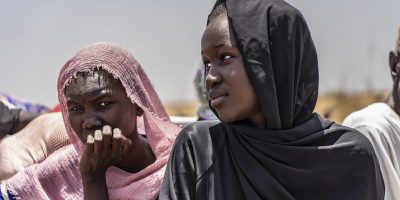
Addressing Sexual and Gender-Based Violence Among Refugees
26 February 2026
